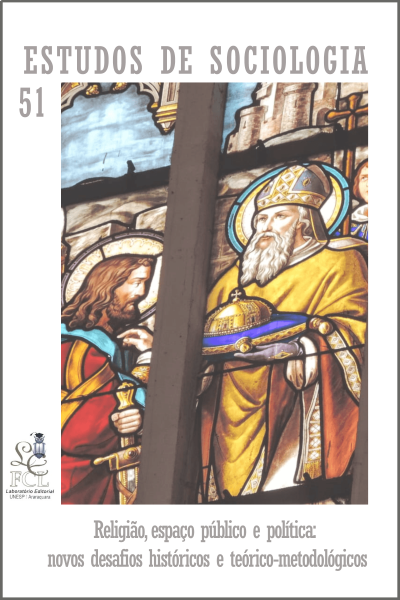From the empire to the republic
the influence of Joseph de Maistre’s ultramontanism on Brazilian catholic conservative thought
DOI:
https://doi.org/10.52780/res.15182Keywords:
Joseph de Maistre, Ultramontanism, Conservatism, Catholic church, Political and Social Thought in BrazilAbstract
The present work aims to expose the relevance of ultramontanism to Brazilian Catholic conservative thought. The French philosopher Joseph-Marie de Maistre (1753-1821) founded the practical and theoretical theses of ultramontanism in favor of the prevalence of spiritual power over temporal, exposing Catholic orthodoxy in order to preserve Western civilization from the development of the historical process which encompassed communist and liberal revolutionary movements. In Brazil, the heritage of the European ultramontane movement was enhanced in the 19th century by the performance of Bishop Vital Maria Gonçalves de Oliveira (1844-1878) during the Religious Question (1872-1875). The actions and conduct of some actors to political authors linked to Catholic orthodoxy may show the relevant presence of the ultramontane current in Brazil in 20th century, especially in the Catholic intellectual militancy of the São Paulo native Plínio Corrêa de Oliveira (1908-1995), entering the 21st century.
Downloads
Downloads
Published
How to Cite
Issue
Section
License

À revista Estudos de Sociologia ficam reservados os direitos autorais pertinentes a todos os artigos nela publicados.
Os artigos publicados e as referências citadas na revista Estudos de Sociologia são de inteira responsabilidade de seus autores.
A Estudos de Socilogia utiliza a licença https://creativecommons.org/licenses/by/4.0/ (CC BY), que permite o compartilhamento do artigo com o reconhecimento da autoria.



